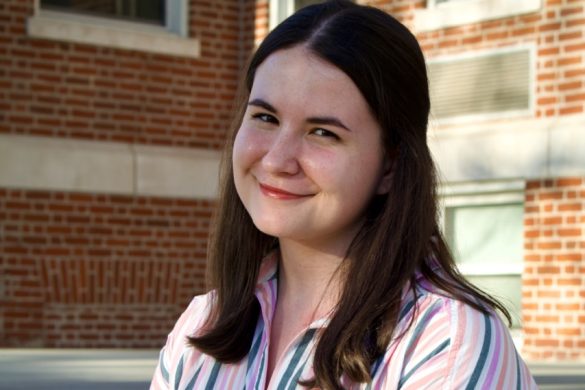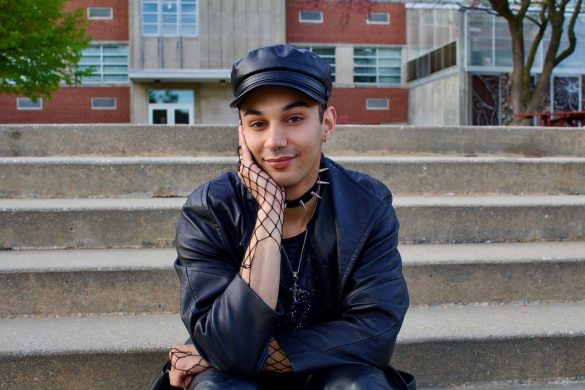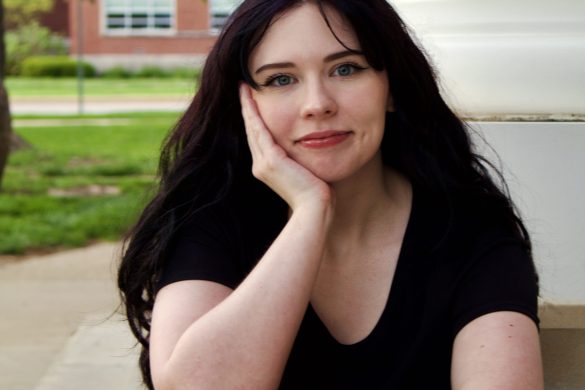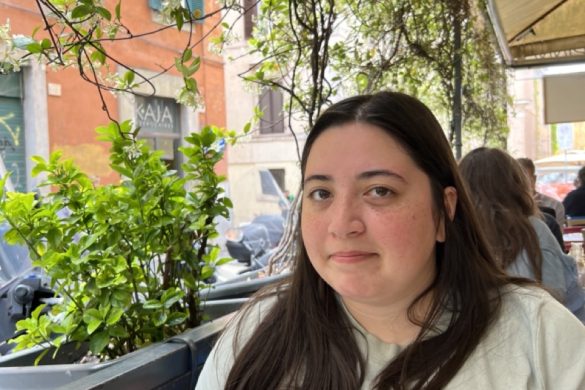A common problem that health professionals and the general public are struggling with is whether or not addiction is a choice or a disease. The answer is that it is a gray area because it involves both factors of choice and disease.
We are not claiming to know all the answers and we cannot simply say yes or no. We are also not medical professionals. There are so many factors involved in drug addiction that there is no one right answer.
Once addicts are hooked on a certain substance, getting clean is extremely hard for them. But if it is commonly known that drugs such as hydrocodone and methamphetamine are highly addictive, so why would anyone even start to take them?
The short answer is that the reasons depend. There is not a specific way that an individual becomes addicted. Some addicts are introduced to drugs at a young age by family members or friends who are using. Others use drugs as a means of coping with pain and feelings. According to Psychology Today, a study done by
Johann Hari, who has written a book on the war on drugs, indicated that dysfunctional interactions between parents and young children predicted higher rates of drug abuse later down the line. Of course, not every individual turns to drugs. The only clear element of addiction is the choice to start using. However, the reasons why an addict stays in active addiction vary.
Most people know their bodies better than a physician. This is where an addict’s choice begins. When a physician prescribes a drug that is common to cause an addiction, a person has the option to request an alternative treatment. Many people think that doctors know everything about medicines, but in truth, all medications affect individuals differently. Also, based on how the person’s body reacts to less harmful drugs such as ibuprofen, it is pretty clear how your body may react to drugs such as hydrocodone. For example, simply just taking a small dose of acetaminophen puts some people to sleep within five minutes, so taking a drug like hydrocodone wouldn’t be such a great idea.
Although an individual may have the option to seek an alternative treatment, sometimes others do not have that option for a variety of reasons. Doctors prescribe highly addictive drugs to help treat pain and anxiety, among other issues, which can cause an individual with no prior substance abuse to become addicted.
There are alternative treatment plans if problems begin to occur. When the prescription runs out, addicts might turn to illegal drugs, such as heroin, methamphetamine or cocaine to get the high that they may crave.
Doctors cannot babysit their patients but if large doses of drugs such as hydrocodone are the first drugs a doctor prescribes, then something needs to be done. Physicians inadvertently doping up individuals who can easily be given a high dose of ibuprofen is an issue.
The choice to use usually occurs before people become addicted. However, staying in an active addiction or getting clean is not as clear cut as the choice to begin using. Abusing drugs can lead to significant changes in mental health.
The individual may develop anxiety, paranoia, depression or aggression, according to the National Institute on Drug Abuse. This affects the way an individual responds to emotional problems, tragic events and other problems. They are not able to face the emotions or able to think rationally to overcome the problem, so the person may turn to drugs instead.
In other cases, it is too hard to ask for help or even too difficult to continue on the path to recovery, so the addict continues in active addiction. Sometimes, it is simply that the addict enjoys the freedom of using, because they are not stable enough to hold down a job or to meet responsibilities of having children, significant other or parents.
Family members, friends and doctors can only hope that addicted individuals have the sense to ask for help when they realize they are addicted, but once an individual is in active addiction, it can be hard to stop. This is where the gray area comes in. Resources such as rehabilitation facilities, addiction counselors and clinical social workers, medication-assisted treatments, 12-step programs and support groups are available.
But the addict has to want to get clean, and that is not always the case. Some people may not realize or admit that they are addicted. However, to get help, the addict has to admit that they need it, and some addicts cannot do that because of their mental and emotional health, or because they just want to stay in active addiction for the reasons previously mentioned. Others may not realize that they have a problem at all.
There are so many factors that go into the choice to use that it is impossible to say whether or not addiction can be attributed solely to mental health, a dysfunctional childhood, addictive personalities or simply the desire to get high. What is clear is that addicts have to choose to get clean.








